Traditional Ceremonies and Rituals: Ceremonies and rituals have played a significant role in human societies for centuries, serving as important vehicles for expressing cultural values, beliefs, and traditions. These time-honored practices serve as a bridge between generations, preserving cultural heritage and fostering a sense of identity and belonging within communities. In this article, we delve into the fascinating world of traditional ceremonies and rituals, exploring their diverse forms and the meaningful roles they play in different cultures around the globe.
I. The Significance of Traditional Ceremonies and Rituals
A. Connecting Past, Present, and Future
- Anchoring cultural identity
- Passing down ancestral knowledge
- Reinforcing community bonds
B. Marking Life’s Milestones
- Birth and naming ceremonies
- Coming-of-age rituals
- Marriage and wedding traditions
- Funerals and mourning rituals
II. Ceremonies and Rituals Across Cultures
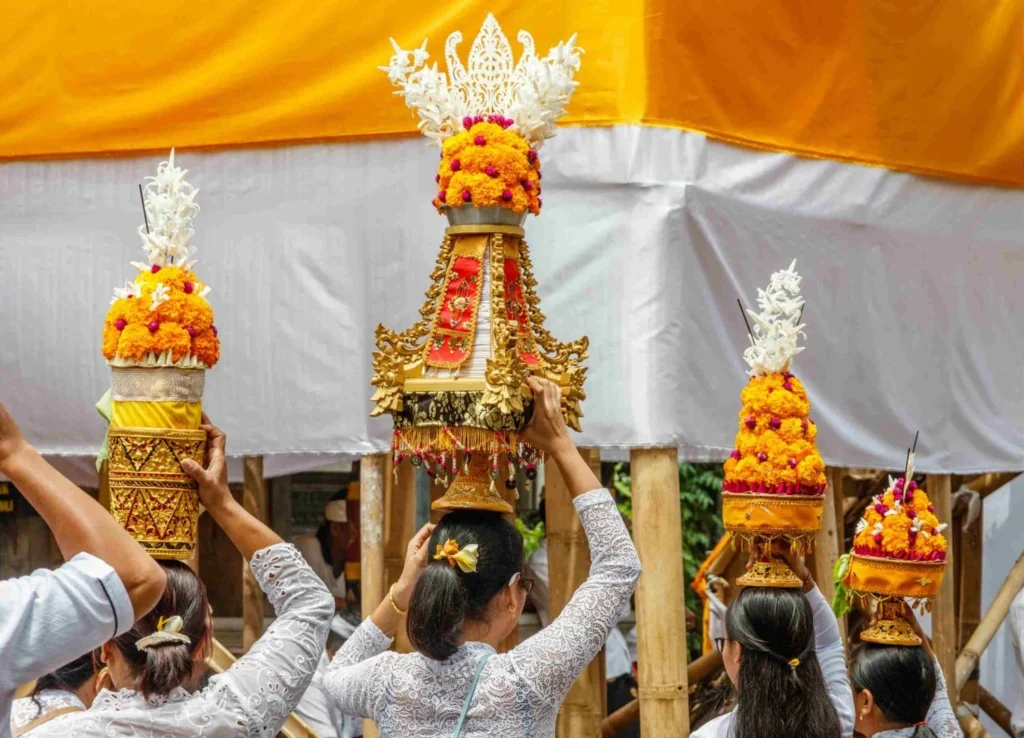
A. Asia
- Tea ceremonies in Japan
- Essence of Japanese aesthetics
- Symbolism of harmony and respect
- Zen Buddhism influence
- Diwali in India
- Festival of lights
- Celebration of good over evil
- Religious and cultural significance
B. Africa
- Maasai Initiation Ceremonies in Kenya and Tanzania
- Rite of passage for boys into adulthood
- Symbolism of bravery and warriorship
- Preservation of cultural heritage
- Ancestor Worship in Ghana
- Honoring deceased relatives
- Connection between the living and the dead
- Strengthening familial bonds
C. Europe
- Midsummer Celebrations in Scandinavia
- Festivities around the summer solstice
- Bonfires, dancing, and feasting
- Celebration of nature and fertility
- Carnivals in Spain
- Colorful and lively street festivals
- Flamboyant costumes and masks
- Blend of Catholic and pagan traditions
III. Evolution and Adaptation of Traditional Ceremonies and Rituals
A. Modern Interpretations
- Fusion of traditional and contemporary elements
- Adaptation to changing societal norms
- Revitalization efforts to preserve cultural heritage
B. Global Influences and Cultural Exchange
- Increased cultural exchange through globalization
- Incorporation of foreign elements into local practices
- Creation of new hybrid ceremonies and rituals
IV. The Importance of Preserving Traditional Ceremonies and Rituals
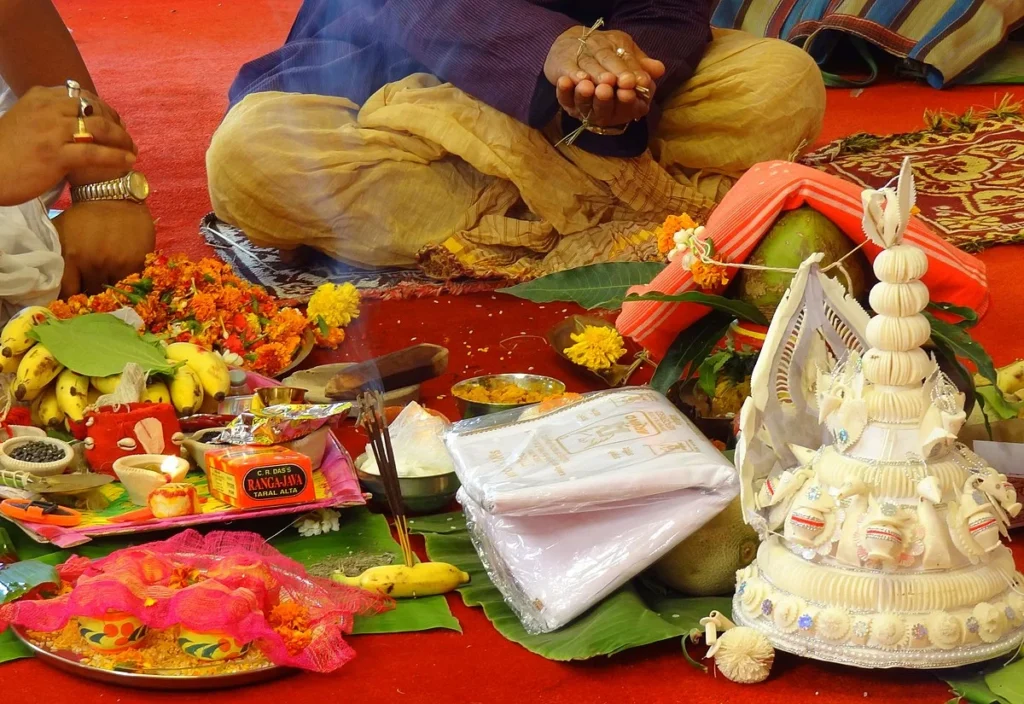
A. Safeguarding Cultural Diversity
- Preserving unique practices and customs
- Countering cultural homogenization
- Promoting tolerance and understanding
B. Strengthening Community Bonds
- Fostering a sense of belonging and unity
- Promoting social cohesion
- Providing support networks during significant life events
Traditional ceremonies and rituals serve as powerful expressions of culture, heritage, and human connection. Across the globe, these time-honored practices provide communities with a sense of identity and continuity, while also adapting to the evolving world. By cherishing and preserving these traditions, we can honor the wisdom of our ancestors, celebrate diversity, and nurture a shared sense of humanity that transcends borders and time. As we move forward in the modern era, let us remember the importance of traditional ceremonies and rituals in shaping our collective story and fostering a vibrant and interconnected world.
Read Also: Cultural Identity and Its Importance
![]()


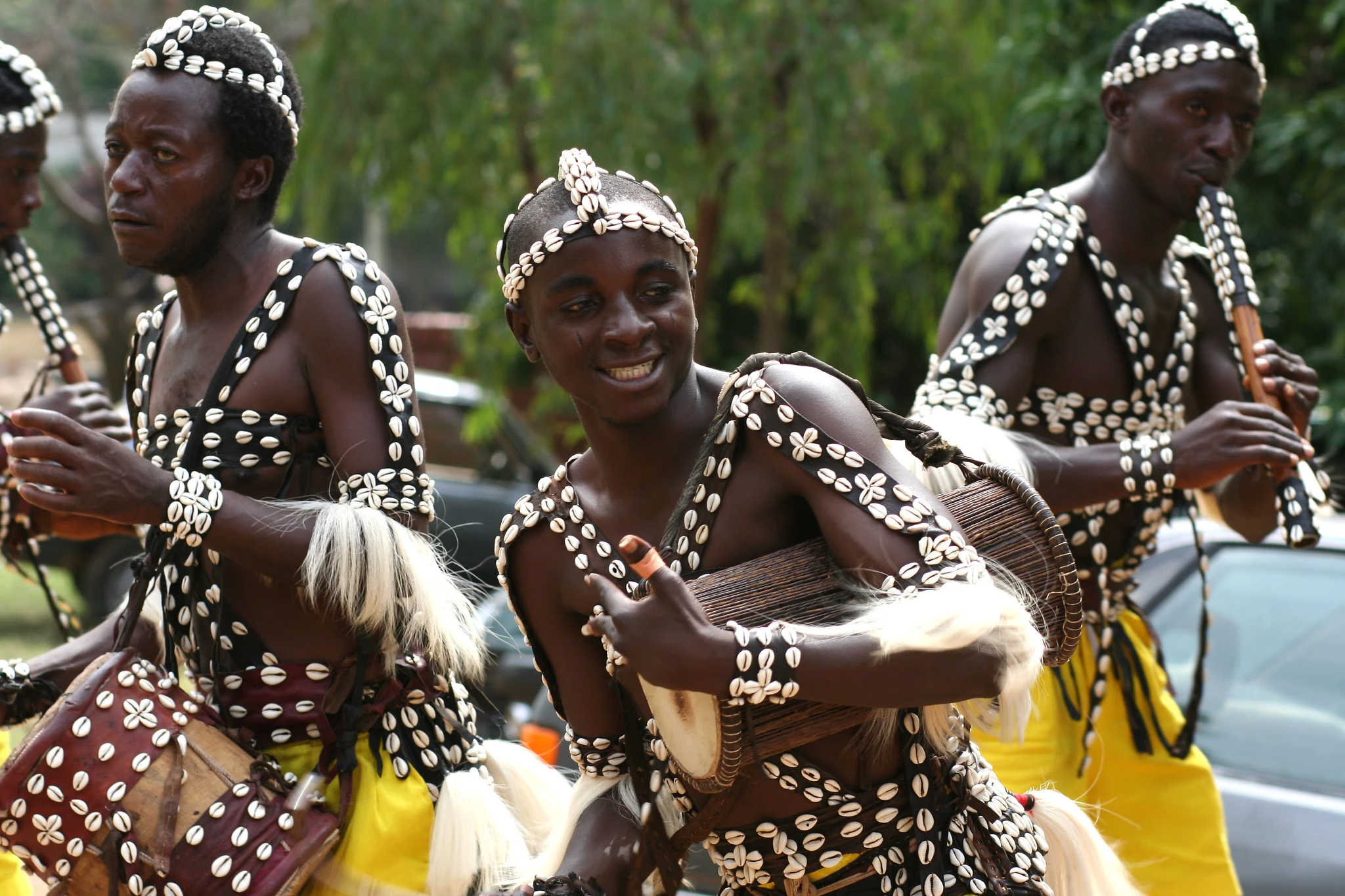

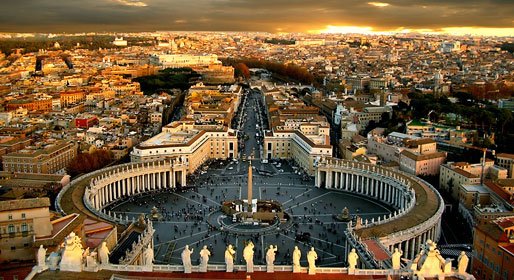
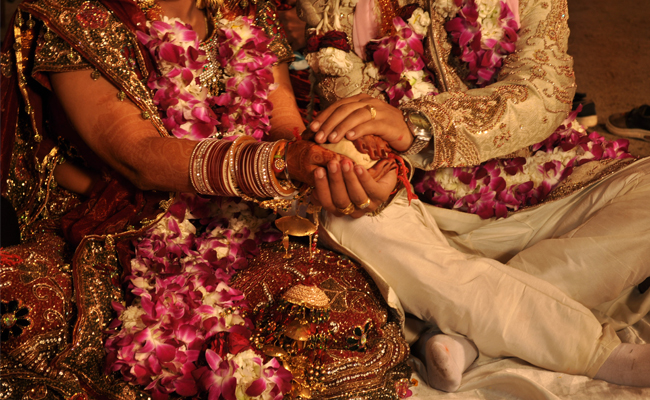
2 thoughts on “Traditional Ceremonies and Rituals”